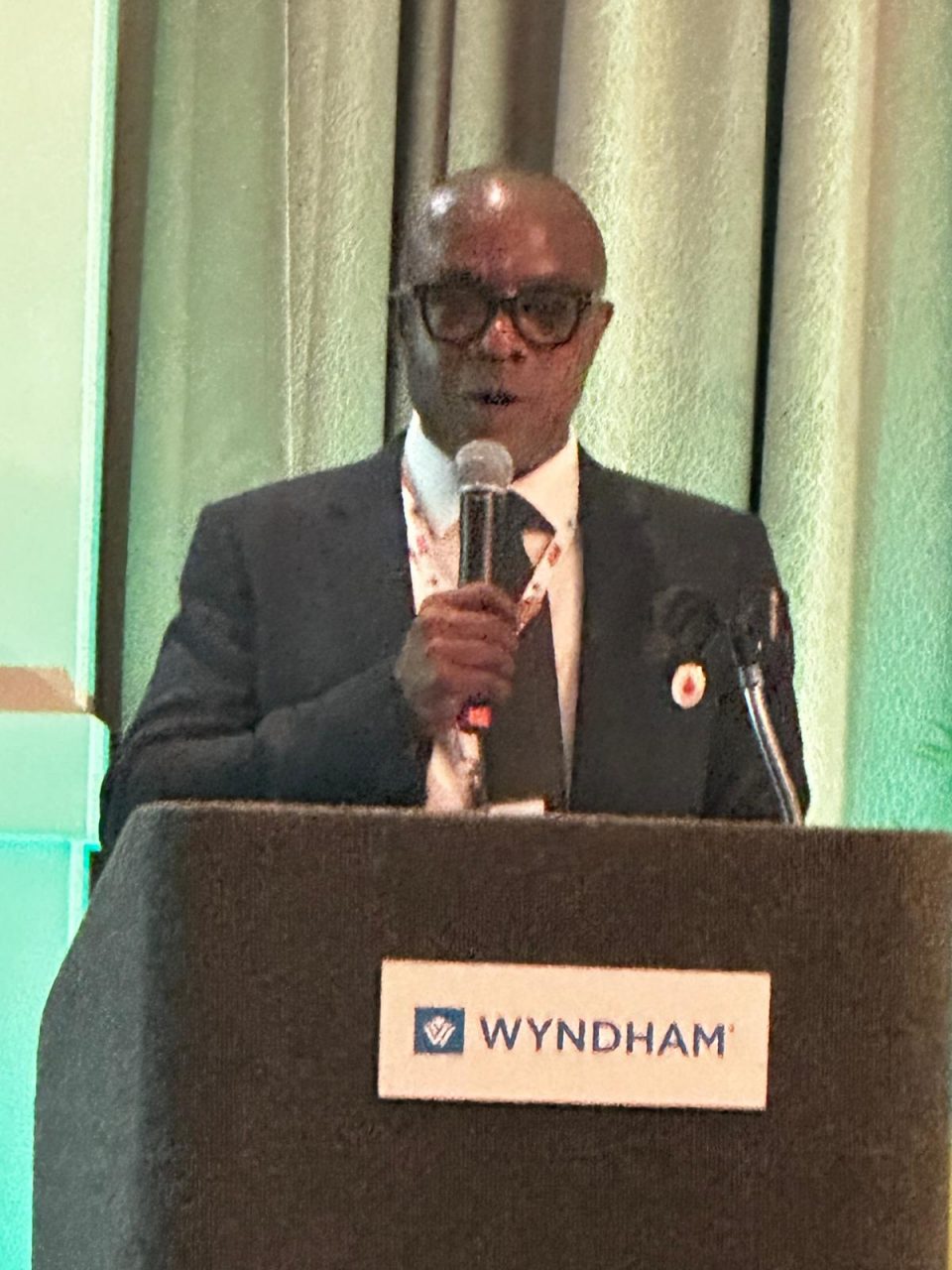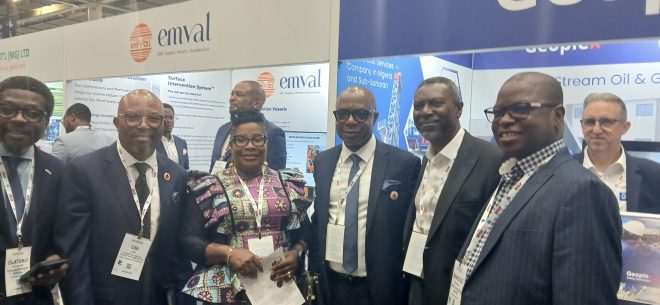PETAN: Driving local content partnerships, sustainable energy transition
By Yunus Yusuf
Africa stands at a critical juncture in the global energy landscape, rich in hydrocarbon reserves but burdened by energy poverty, foreign dependency, and the pressures of a shifting global energy paradigm.
At the forefront of Africa’s strategy to address these issues is the Petroleum Technology Association of Nigeria (PETAN), a consortium of indigenous oilfield service companies leading a continental push toward local content development and strategic energy partnerships.
Founded in 1990, PETAN has evolved from advocating equitable opportunities in Nigeria’s oil and gas sector to exporting oilfield expertise across Africa.
Its blueprint—built on indigenous capacity and regional collaboration—offers a practical path to energy independence and sustainable economic growth.
As more African nations discover oil and gas resources, the PETAN model is increasingly seen as a template for success.
In spite of persistent challenges such as regulatory uncertainty, limited access to finance, and technology gaps, PETAN remains resolute.
Its presence at global conferences like the Offshore Technology Conference (OTC) in Houston has significantly amplified Nigeria’s footprint in the global energy space.
Through the Nigerian Pavilion at OTC 2025, PETAN showcased indigenous capabilities, fostered international partnerships, and reinforced its commitment to local content development.
With over 70 Nigerian participants and 30 Nigerian companies participating, the event marked a milestone in the country’s drive to position local firms on the global stage.
Mr Emeka Ene, a former PETAN Chairman, described the significance of the platform.
Ene said: “The OTC pavilion has become a viable platform for exhibitors to showcase their innovations and attract investment into the Nigerian oil and gas industry.”
According to PETAN’s Publicity Secretary, Dr Innocent Akuvue, this visibility underscores Nigeria’s growing technical capacity and PETAN’s role in transforming policy into tangible outcomes.
“PETAN has been instrumental in translating the Local Content Act from policy to practice.
“We’ve moved from rhetoric to real capacity development; training engineers, fabricators, and service providers who now compete globally, ” Akuvue said.
He said that PETAN member companies had invested significantly in technology transfer, infrastructure, and training.
“From developing fabrication yards to certifying technicians, their efforts have created jobs, retained in-country value, and enhanced technical resilience,” he added.
Chairman of PETAN, Mr Wole Ogunsanya, emphasised that local content is more than a regulatory requirement—it’s a business imperative.
Ogunsanya said, “We see local content not just as compliance but as a strategy for sustainable growth.
“It’s about nurturing ecosystems where local innovation thrives and drives Africa’s energy future.”
Ogunsanya highlighted PETAN’s broader continental ambitions.
He said that through engagement in international forums like OTC and African Energy Week, PETAN had emerged as a pan-African voice for indigenous capacity.
“In 2023, the association hosted the inaugural African Local Content Roundtable in Lagos, drawing stakeholders from Ghana, Angola, Uganda, and Mozambique,” he explained.
Ogunsanya noted, “Discussions centred on harmonising local content frameworks, regional training standards, and cross-border partnerships.
“One notable outcome has been PETAN’s technical support in Ghana and Equatorial Guinea, where Nigerian firms now collaborate with local companies to deliver oilfield services—strengthening intra-African cooperation and reducing dependence on foreign contractors.”
The chairman said that as the global energy landscape transitions, PETAN was aligning with the future.
He added that while hydrocarbons remain vital for Africa’s development, PETAN was actively investing in gas monetisation, renewable energy integration, and emission reduction technologies.
Ogunsanya stressed, “Gas is our transition fuel.
“Through investments in LPG distribution, flare reduction, and gas processing, PETAN companies are enabling cleaner energy solutions while driving inclusive growth.”
Ogunsanya said that to support this shift, PETAN gad been working closely with the African Energy Chamber and the African Petroleum Producers Organisation (APPO) to shape balanced energy policies that address both sustainability and development.
“Our mission is to build an Africa where energy drives development, not dependency.
“And we’re doing it—one partnership at a time,” Ogunsanya affirmed.
An energy law expert, Dr Ayodele Oni of Bloomfield Law Practice, commended PETAN’s regional approach:
“PETAN understands that Africa’s energy sustainability depends on integration.
“They’re not just promoting Nigerian capacity but advocating for a continental ecosystem where African companies support African projects,” he explained.




